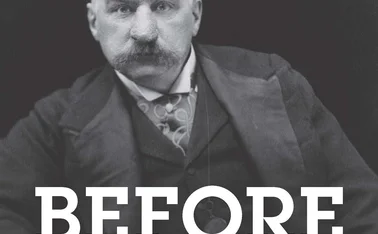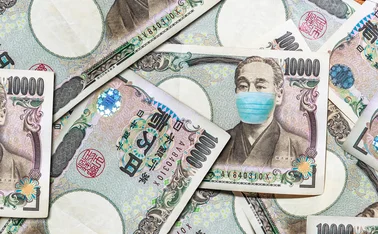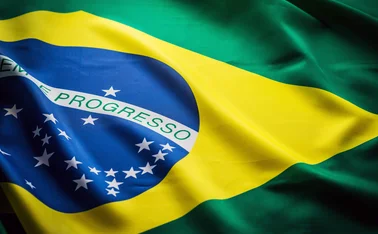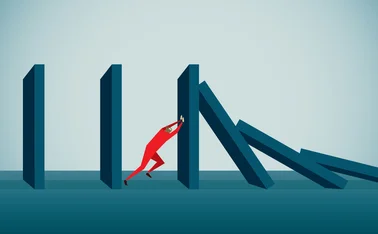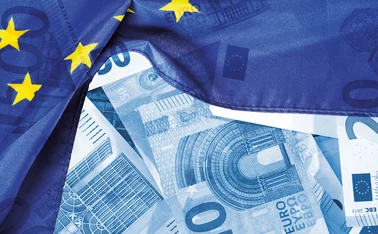
IMF should have come to emerging markets’ rescue: DSK
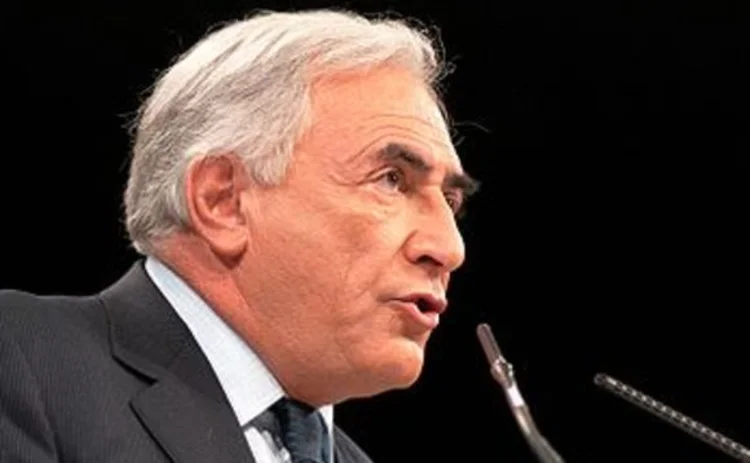
The International Monetary Fund (IMF) should have been able to step in as the "first responder" to emerging markets when the crisis broke, Dominique Strauss-Kahn, its managing director, said on Friday.
Speaking at the annual Bretton Woods Committee's annual meeting in Washington, Strauss-Kahn said that the Fund should have been able to lend more and faster to emerging market economies, a role that had instead been filled by the Federal Reserve and other central banks, which stepped in to provide
Only users who have a paid subscription or are part of a corporate subscription are able to print or copy content.
To access these options, along with all other subscription benefits, please contact info@centralbanking.com or view our subscription options here: www.centralbanking.com/subscriptions
You are currently unable to print this content. Please contact info@centralbanking.com to find out more.
You are currently unable to copy this content. Please contact info@centralbanking.com to find out more.
Copyright Infopro Digital Limited. All rights reserved.
As outlined in our terms and conditions, https://www.infopro-digital.com/terms-and-conditions/subscriptions/ (point 2.4), printing is limited to a single copy.
If you would like to purchase additional rights please email info@centralbanking.com
Copyright Infopro Digital Limited. All rights reserved.
You may share this content using our article tools. As outlined in our terms and conditions, https://www.infopro-digital.com/terms-and-conditions/subscriptions/ (clause 2.4), an Authorised User may only make one copy of the materials for their own personal use. You must also comply with the restrictions in clause 2.5.
If you would like to purchase additional rights please email info@centralbanking.com
